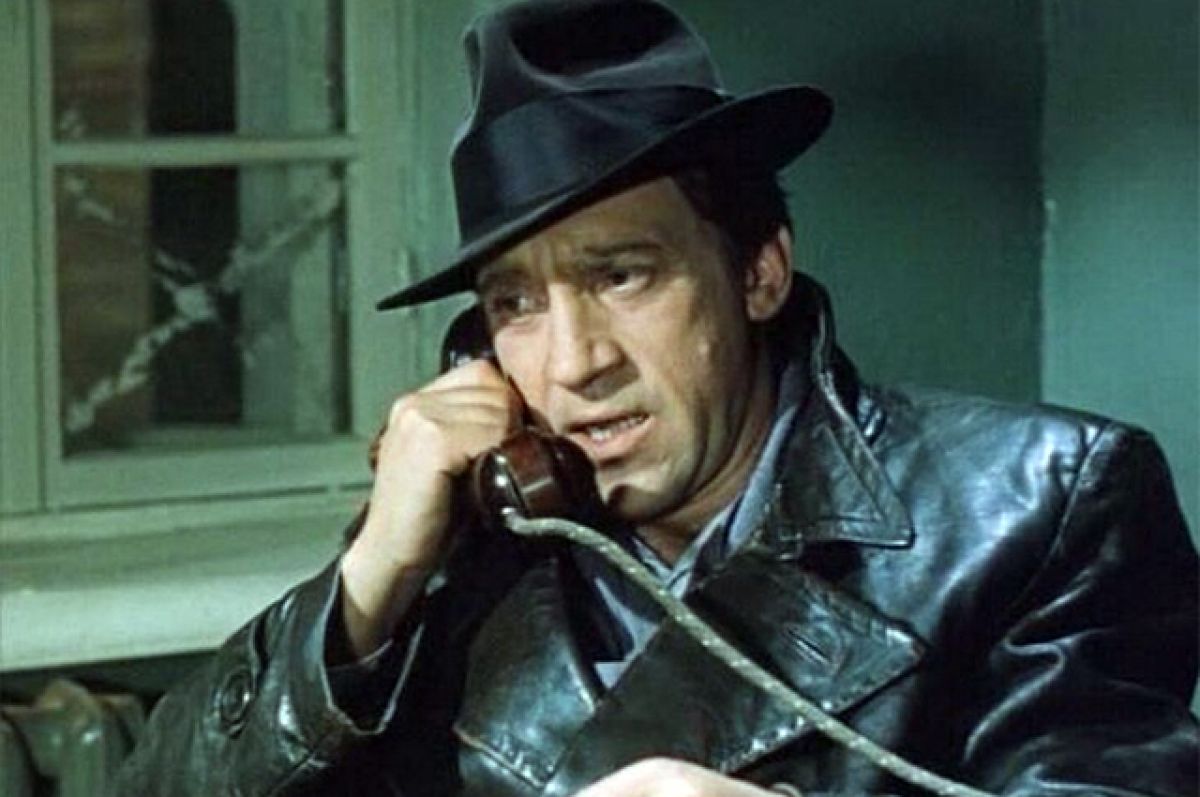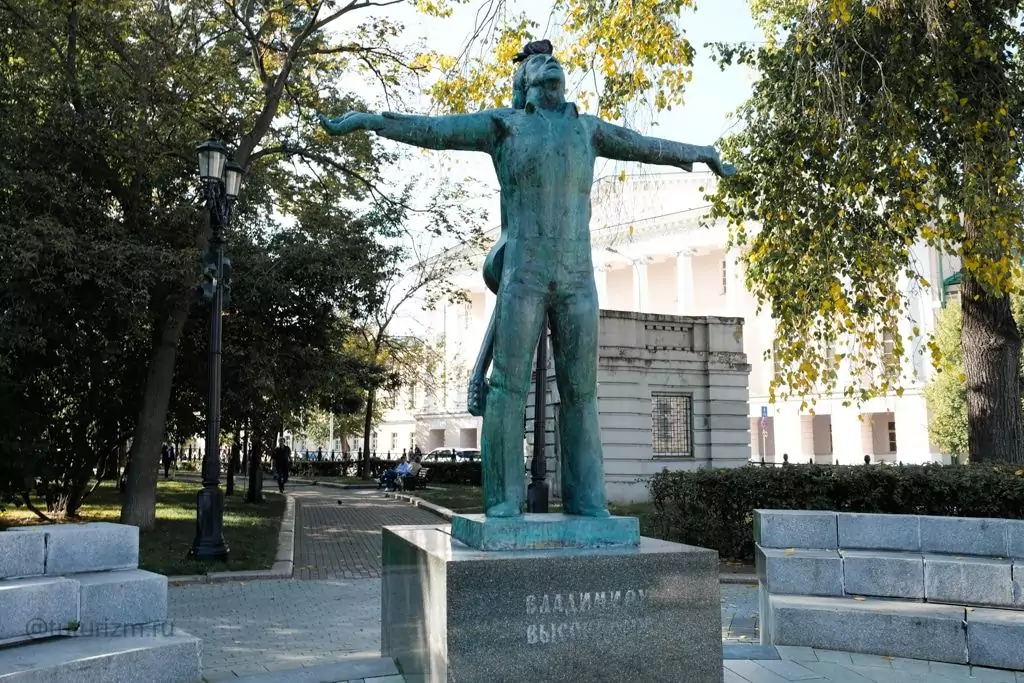Vladimir Semyonovich
Vysotsky
1938-1980

Vladimir Semyonovich Vysotsky was an outstanding Soviet poet, singer, talented actor and winner of the USSR State Prize. He was born on January 25, 1938 in the family of Nina Maksimovna and Semyon Vladimirovich Vysotsky. In March 1941, Semyon Vladimirovich was called up for military service. Four months later, the war began, and in July Nina Maksimovna and her son went to evacuate to the east of the country. In the summer of 1943, Nina Maksimovna returned to Moscow with her son. In 1953, Vysotsky became a member of the drama club, under the direction of the Moscow Art Theater artist V. Bogomolov. In the same year, the poet creates his first poem, “My Oath”. After graduating from high school in 1955. Vladimir entered the Institute of Civil Engineering. He was very cool about studying engineering and at the end of the first semester he wrote an application for expulsion on his own. In 1956, Vysotsky entered the acting department of the Moscow Art Theater School, which he graduated in 1960 and received a diploma with the qualification of “actor of drama and cinema”. After completing his studies, Vladimir Semenovich works at the Pushkin Drama Theater in Moscow. In 1961 He is writing his first song, “Tattoo”. In September 1964, Vysotsky became an artist at the Taganka Theater and ten days later he appeared on stage in the play “The Good Man from Sezuan”, and the actor was offered his first major role in the play “The Life of Galileo”. One of the most significant events in Vysotsky’s creative biography was the work on the image of Hamlet at the Taganka Theater. The premiere of the play of the same name took place in 1971. Director Yuri Lyubimov presented Shakespeare’s classics in a modern interpretation: ascetic scenery, sweater suits and jeans. Hamlet with a guitar performed by Vysotsky resembled a guy from the next yard. In 1975, Vysotsky’s stage arsenal was supplemented by the role of merchant Ermolai Lopakhin from Chekhov’s play “The Cherry Orchard”. The artist himself considered her the second most important in his career after Hamlet. In the interpretation of director Anatoly Efros, the end-to-end theme of the play was Lopakhin’s long-term love for Ranevskaya. The last theatrical character that Vysotsky played on stage was Svidrigailov in the play “Crime and Punishment” in 1979. After this production, Vysotsky did not take on new images and devoted all his attention to cinema, concerts, and songwriting.
Address: Moscow, Naryshkinsky Square

